A Comprehensive Exploration of Marseille’s Marine Spatial Planning: Strategies for Sustainable Coastal Management
Related Articles: A Comprehensive Exploration of Marseille’s Marine Spatial Planning: Strategies for Sustainable Coastal Management
Introduction
With great pleasure, we will explore the intriguing topic related to A Comprehensive Exploration of Marseille’s Marine Spatial Planning: Strategies for Sustainable Coastal Management. Let’s weave interesting information and offer fresh perspectives to the readers.
Table of Content
A Comprehensive Exploration of Marseille’s Marine Spatial Planning: Strategies for Sustainable Coastal Management
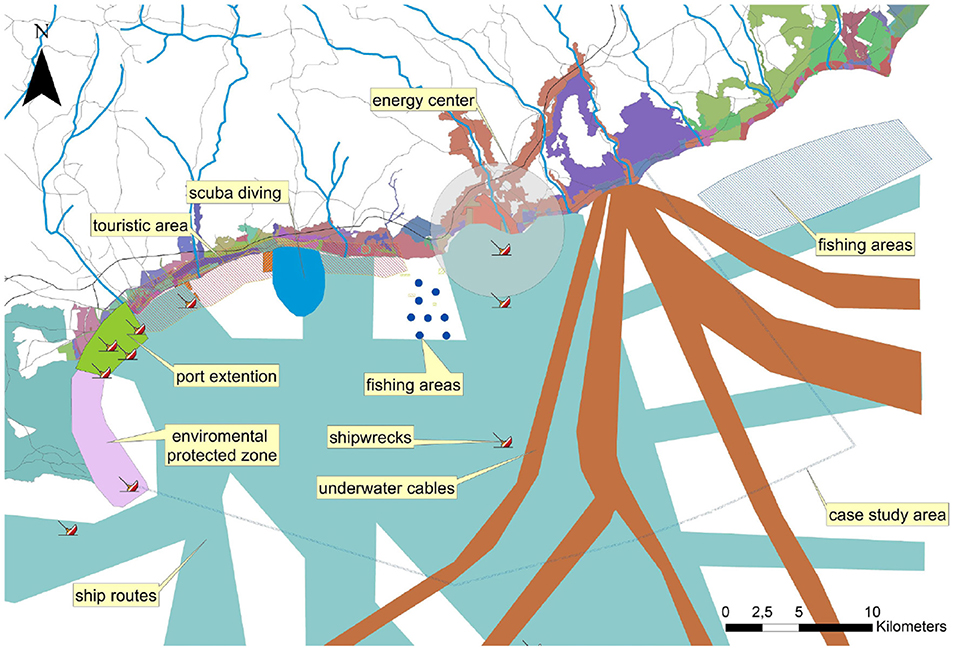
Marseille, a vibrant Mediterranean city renowned for its rich history, diverse culture, and captivating coastline, faces unique challenges in balancing economic development with the preservation of its marine environment. Marine spatial planning (MSP), a strategic approach to managing human activities in marine areas, offers a solution to these complex issues. This article delves into the implementation of MSP in Marseille, examining its key elements, benefits, and potential for fostering sustainable coastal development.
The Essence of Marine Spatial Planning in Marseille
MSP in Marseille is a dynamic process that integrates various stakeholders, from local fishermen and tourism operators to environmental organizations and government agencies. Its core objective is to create a comprehensive framework for managing human activities within the city’s marine territory, ensuring the long-term health of its ecosystems while enabling economic growth and social well-being.
Key Pillars of Marseille’s MSP
Marseille’s MSP strategy rests on several fundamental pillars:
- Data Collection and Analysis: A robust data collection and analysis system is crucial for understanding the current state of the marine environment, identifying key pressures and opportunities, and informing decision-making. This involves gathering data on marine habitats, species distribution, water quality, fishing activities, maritime traffic, and other relevant factors.
- Stakeholder Engagement: Successful MSP requires active participation from all stakeholders, fostering a collaborative and transparent decision-making process. This involves engaging with local communities, businesses, government agencies, research institutions, and NGOs to ensure their perspectives are considered and incorporated into the planning process.
- Spatial Planning and Zoning: Based on data analysis and stakeholder input, MSP involves delineating specific areas within the marine territory for different activities, such as fishing, aquaculture, renewable energy development, shipping, and conservation. This zoning approach helps minimize conflicts between competing uses and protect sensitive marine ecosystems.
- Implementation and Monitoring: Once the MSP plan is developed, it must be effectively implemented and monitored to ensure its effectiveness. This includes setting up clear responsibilities, establishing monitoring programs, and adapting the plan as needed based on new information and evolving circumstances.
Benefits of MSP for Marseille
The implementation of MSP in Marseille offers numerous benefits, contributing to the city’s sustainable development:
- Environmental Protection: MSP helps protect marine ecosystems, including vulnerable habitats, species, and biodiversity. By identifying and managing potential threats, it reduces pollution, minimizes habitat degradation, and promotes the conservation of marine resources.
- Economic Growth: MSP can stimulate economic growth by creating a predictable and transparent framework for marine activities. It allows for the sustainable development of sectors like fishing, aquaculture, tourism, and renewable energy, fostering investment and innovation.
- Social Equity: MSP promotes social equity by ensuring that the benefits of marine resources are shared fairly among all stakeholders. It involves local communities in decision-making, considers the needs of marginalized groups, and supports sustainable livelihoods.
- Improved Governance: MSP strengthens marine governance by providing a comprehensive framework for coordinating different activities, reducing conflicts, and ensuring accountability. It enhances the effectiveness of marine management and fosters collaboration among various stakeholders.
Examples of MSP in Action: Case Studies from Marseille
Marseille’s MSP implementation has already yielded tangible results:
- Marine Protected Areas: The creation of marine protected areas (MPAs) within the MSP framework helps protect vulnerable marine ecosystems and species. These areas restrict certain activities, such as fishing, to allow for the recovery of marine life and biodiversity.
- Sustainable Aquaculture: MSP supports the development of sustainable aquaculture practices, promoting responsible fish farming that minimizes environmental impacts. This includes zoning areas for aquaculture, setting limits on production, and promoting eco-friendly technologies.
- Renewable Energy Development: MSP facilitates the development of renewable energy sources, such as offshore wind farms, in a way that minimizes impacts on marine ecosystems and navigation. It designates specific areas for renewable energy development while ensuring the protection of sensitive habitats.
FAQs Regarding MSP in Marseille
Q: What is the role of local communities in MSP?
A: Local communities are crucial stakeholders in MSP, providing valuable insights into the social and economic realities of the marine environment. Their knowledge, traditions, and concerns are essential for developing a plan that is inclusive and responsive to local needs.
Q: How does MSP address conflicts between different marine uses?
A: MSP aims to minimize conflicts between competing marine uses by identifying areas suitable for different activities through zoning. This helps ensure that activities are carried out in a way that minimizes negative impacts on each other and on the environment.
Q: How is MSP financed?
A: Funding for MSP can come from various sources, including government agencies, international organizations, private sector investments, and community contributions. The specific funding mechanisms will depend on the scale and scope of the MSP project.
Q: What are the challenges of implementing MSP in Marseille?
A: Implementing MSP in Marseille presents challenges such as data availability, stakeholder engagement, enforcement, and funding. Overcoming these challenges requires strong leadership, collaboration, and a commitment to sustainability.
Tips for Successful MSP Implementation in Marseille
- Develop a comprehensive data collection and analysis system.
- Engage actively with all stakeholders.
- Use spatial planning tools to create a clear and transparent zoning framework.
- Establish effective monitoring and evaluation mechanisms.
- Promote public awareness and education about MSP.
Conclusion: A Vision for Sustainable Coastal Management
Marseille’s MSP initiative represents a significant step towards achieving sustainable coastal management. By integrating data, stakeholder input, and spatial planning, the city is creating a framework for managing its marine resources responsibly, balancing economic growth with environmental protection. While challenges remain, the commitment to collaborative decision-making, data-driven approaches, and long-term planning positions Marseille as a leader in marine spatial planning, setting an example for other coastal cities seeking to balance development with the preservation of their marine environments.

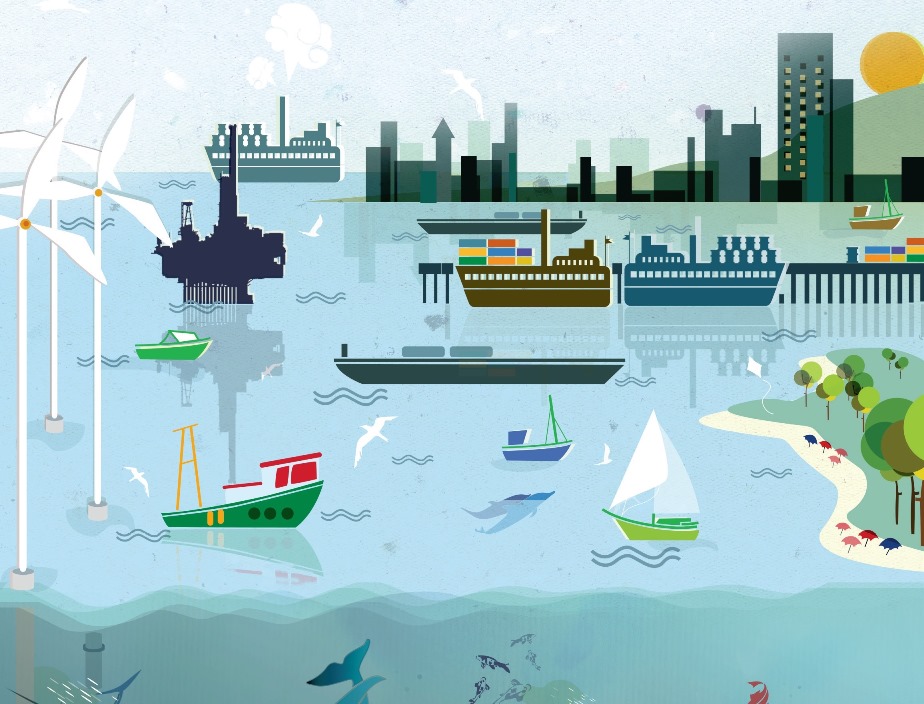

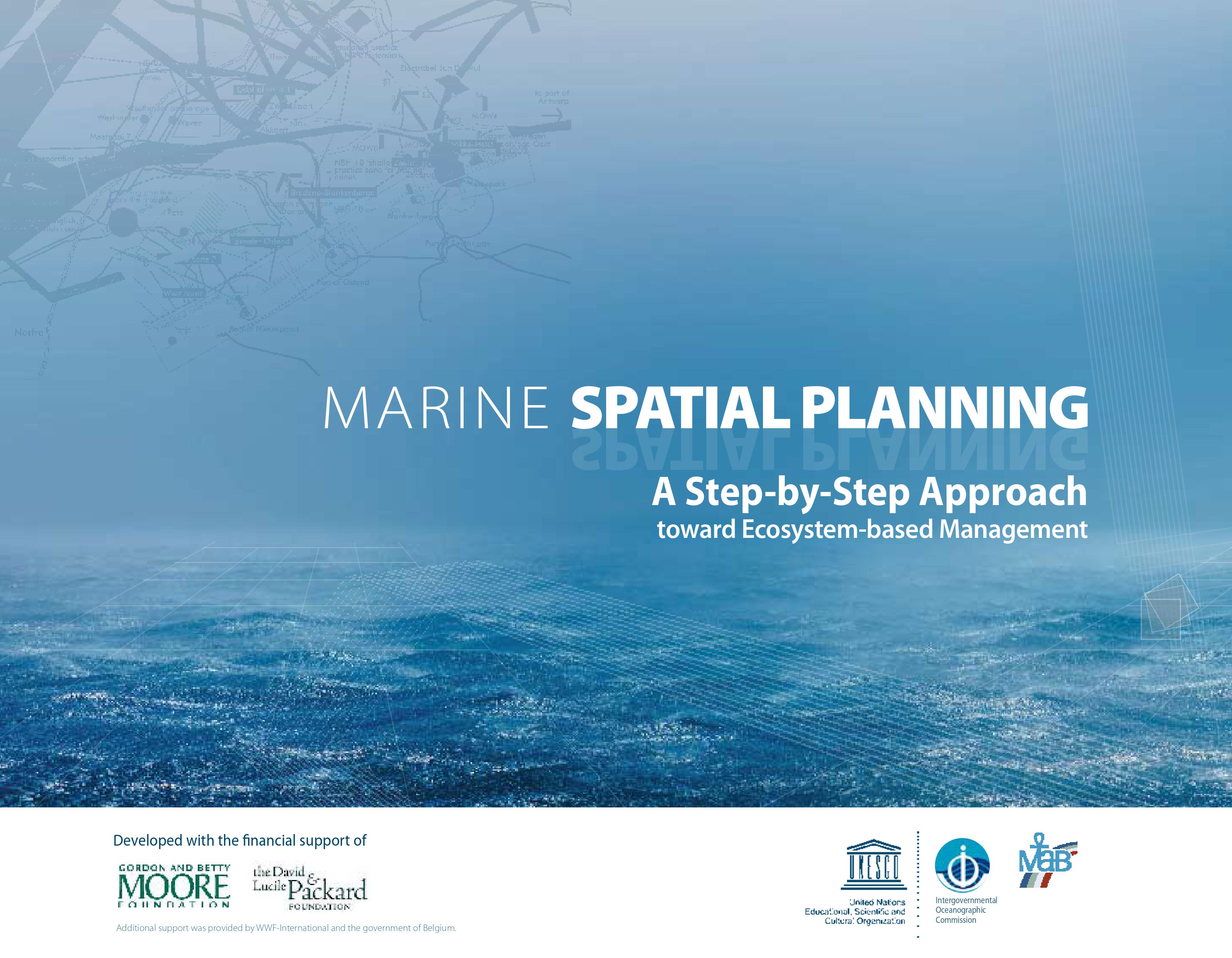


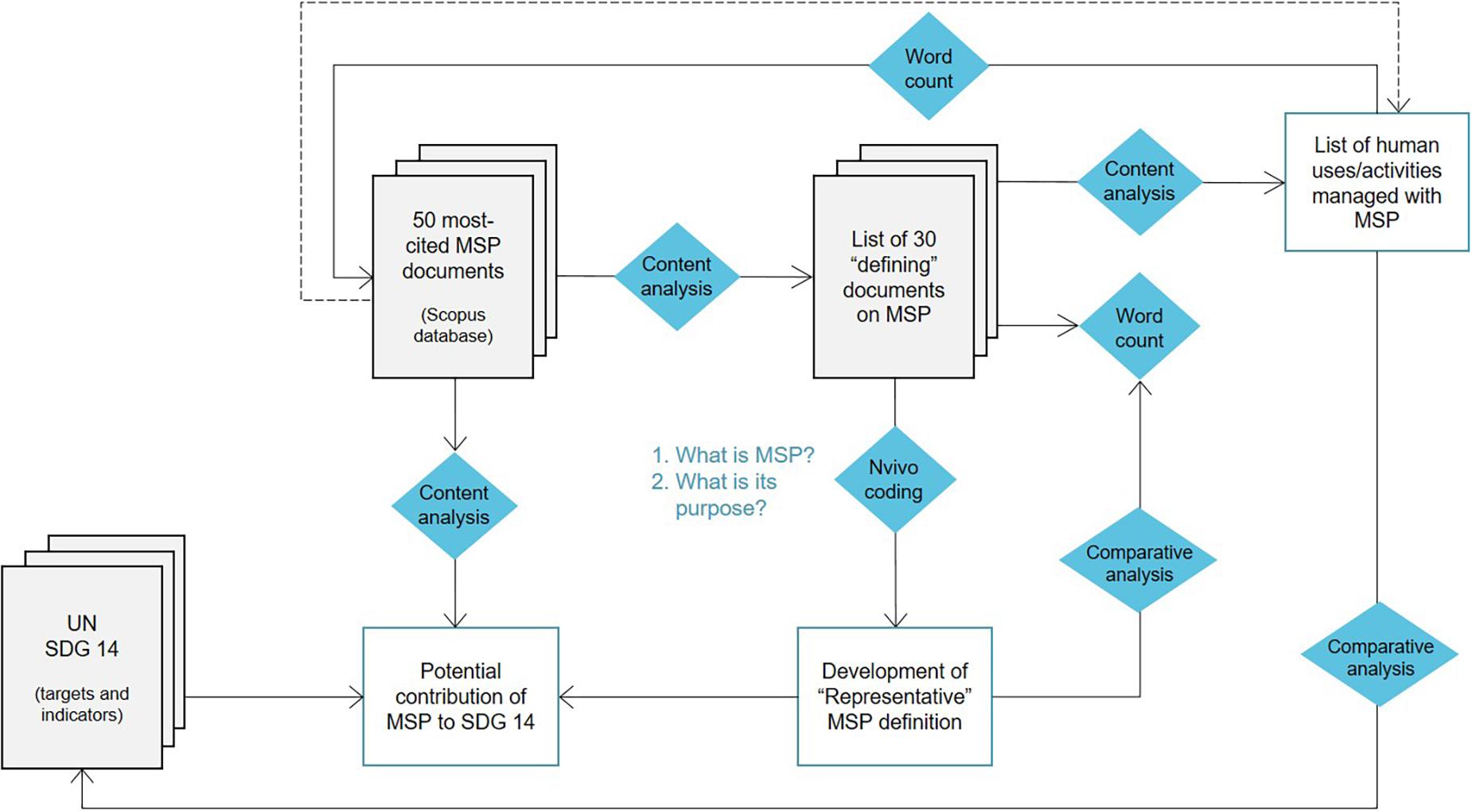
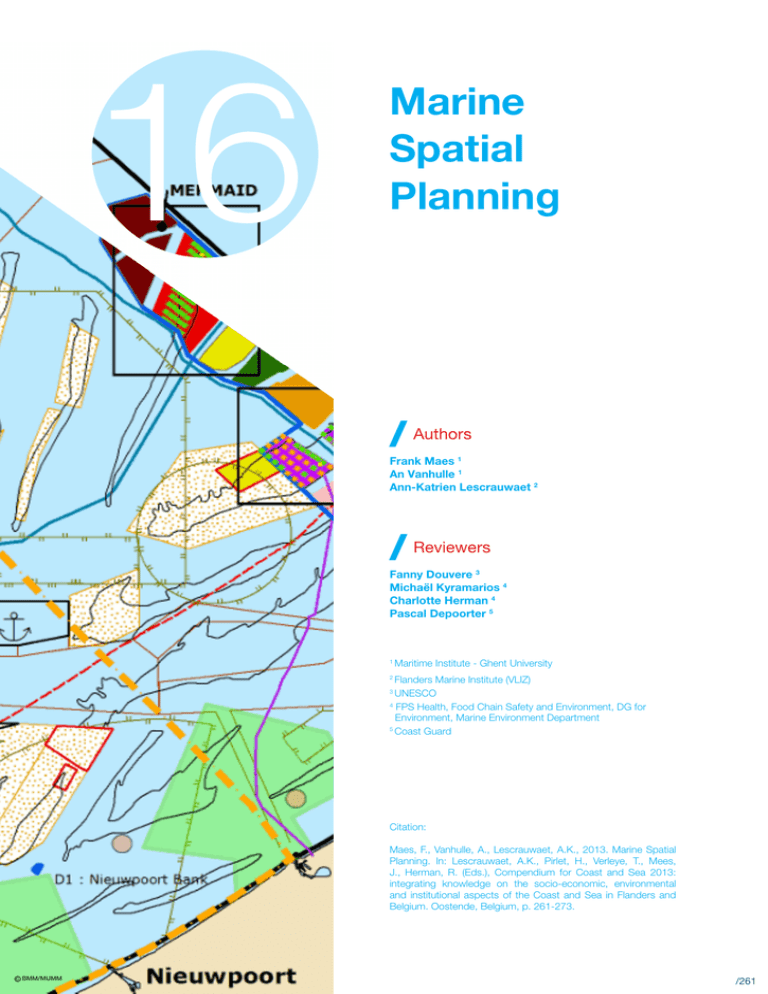
Closure
Thus, we hope this article has provided valuable insights into A Comprehensive Exploration of Marseille’s Marine Spatial Planning: Strategies for Sustainable Coastal Management. We hope you find this article informative and beneficial. See you in our next article!